Ethics
Recent articles
Stories about scientific misconduct, retractions, debates over research standards, and more
Oregon primate research center to negotiate with NIH on possible transition to sanctuary
The board of directors at Oregon Health & Science University, which runs the primate center, voted unanimously in favor of the move.
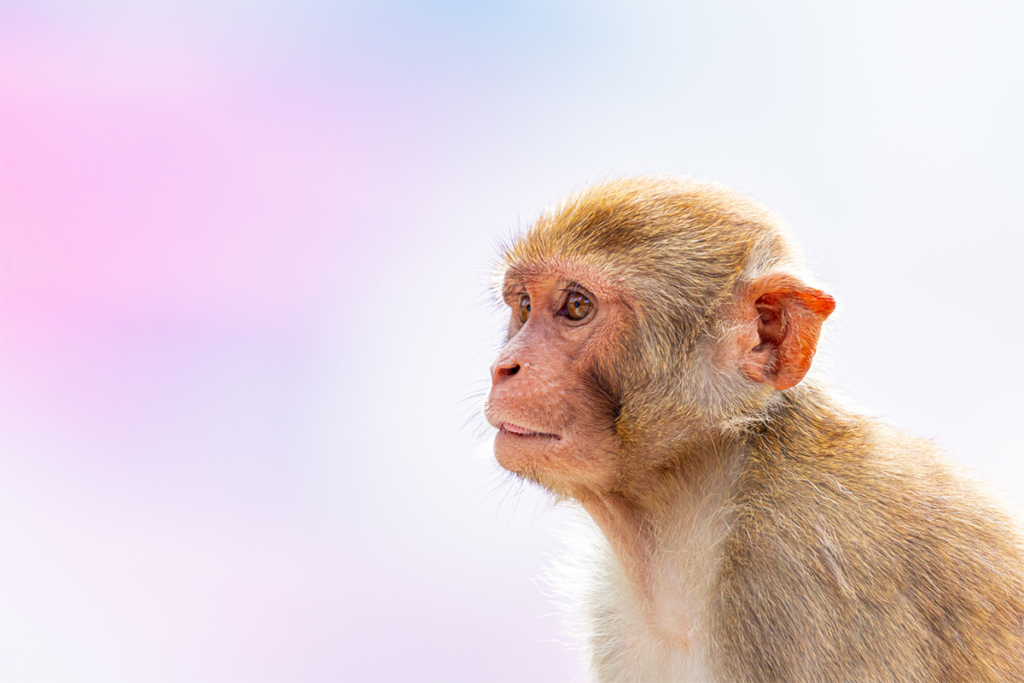
Oregon primate research center to negotiate with NIH on possible transition to sanctuary
The board of directors at Oregon Health & Science University, which runs the primate center, voted unanimously in favor of the move.
Going against the gut: Q&A with Kevin Mitchell on the autism-microbiome theory
A new review of 15 years of studies on the connection between the microbiome and autism reveals widespread statistical and conceptual errors.
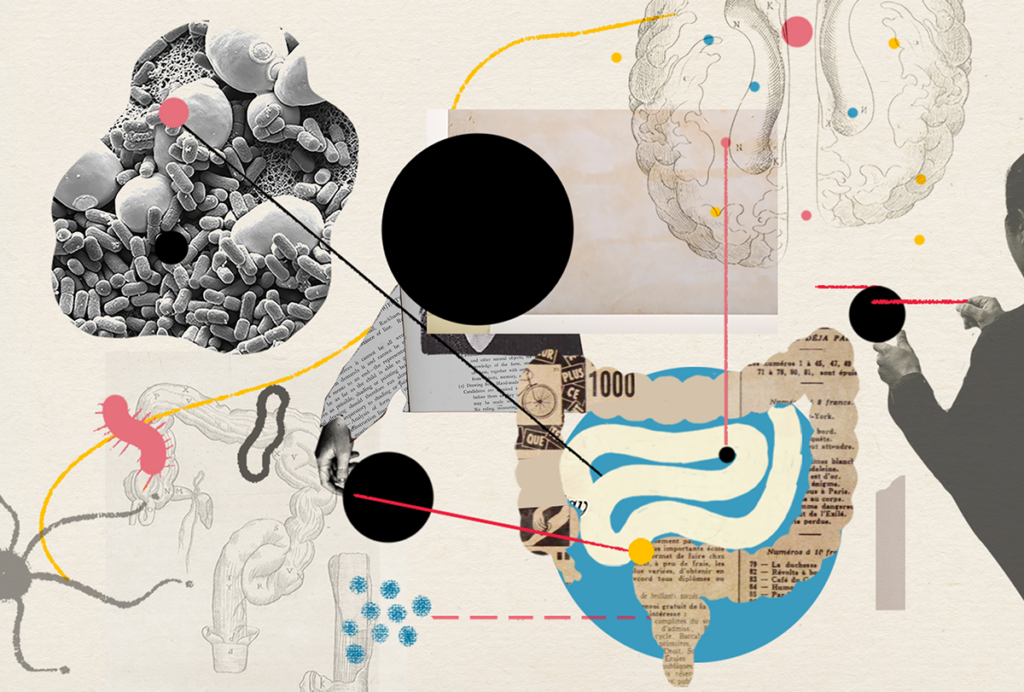
Going against the gut: Q&A with Kevin Mitchell on the autism-microbiome theory
A new review of 15 years of studies on the connection between the microbiome and autism reveals widespread statistical and conceptual errors.
‘Neuroethics: The Implications of Mapping and Changing the Brain,’ an excerpt
In his new book, published today, philosopher Walter Glannon examines the ethics of six areas of neuroscience. In Chapter 4, a portion of which appears below, he tackles the ethical considerations of using brain organoids in research.
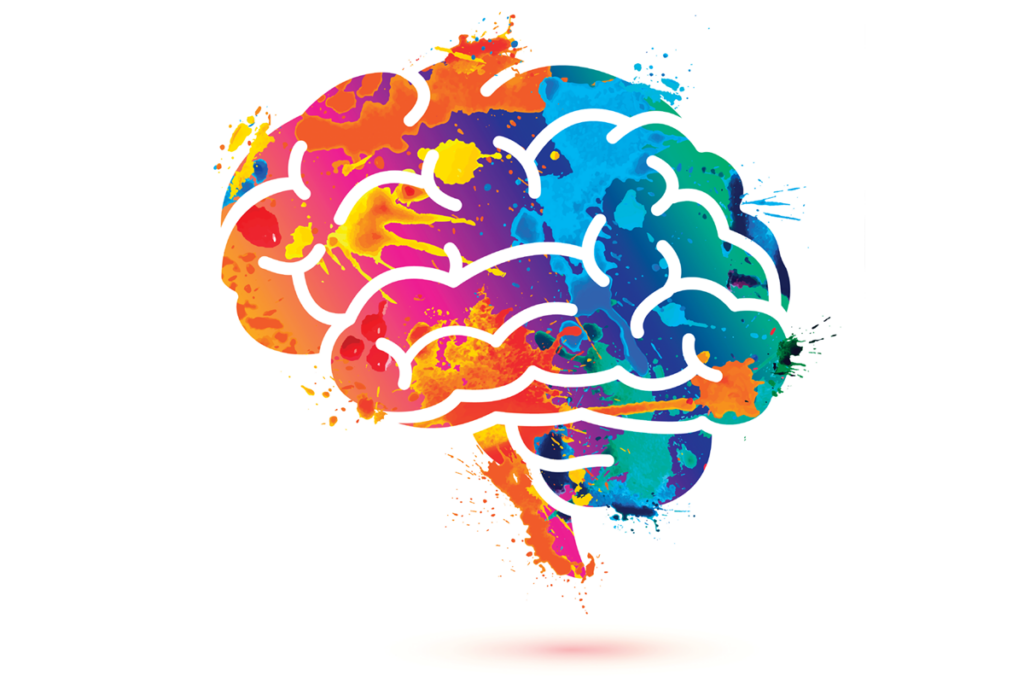
‘Neuroethics: The Implications of Mapping and Changing the Brain,’ an excerpt
In his new book, published today, philosopher Walter Glannon examines the ethics of six areas of neuroscience. In Chapter 4, a portion of which appears below, he tackles the ethical considerations of using brain organoids in research.
Nonhuman primate research to lose federal funding at major European facility
The Dutch Senate has ordered the Biomedical Primate Research Centre in the Netherlands to shift its funding away from primate experiments by 2030.
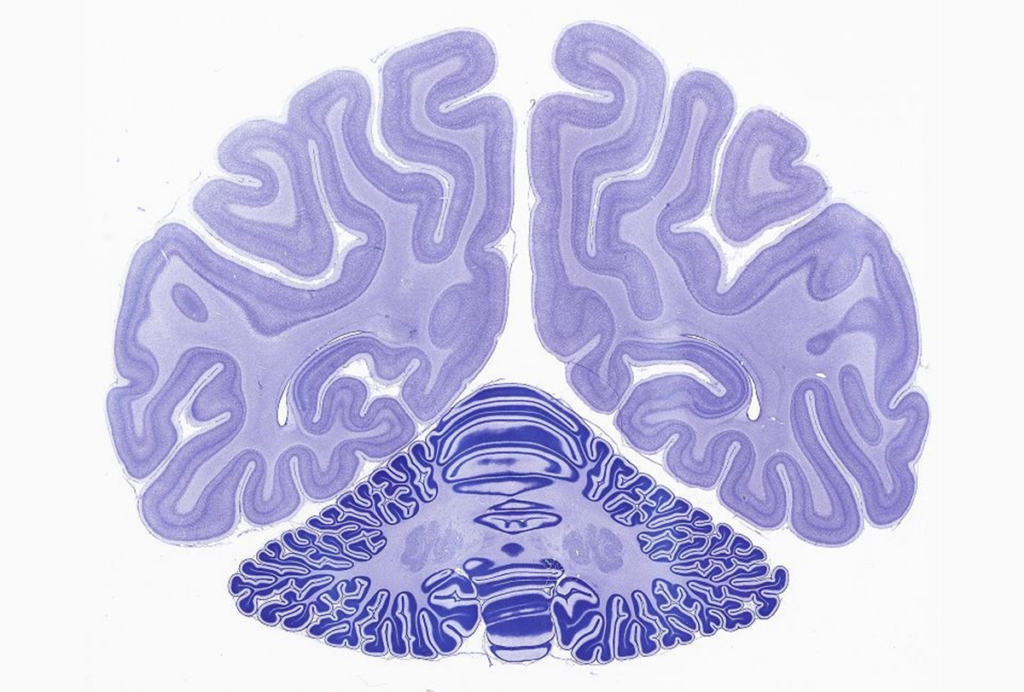
Nonhuman primate research to lose federal funding at major European facility
The Dutch Senate has ordered the Biomedical Primate Research Centre in the Netherlands to shift its funding away from primate experiments by 2030.
Image integrity issues create new headache for subarachnoid hemorrhage research
First-time sleuths found potentially problematic images in hundreds of papers about early brain injury after subarachnoid hemorrhage.
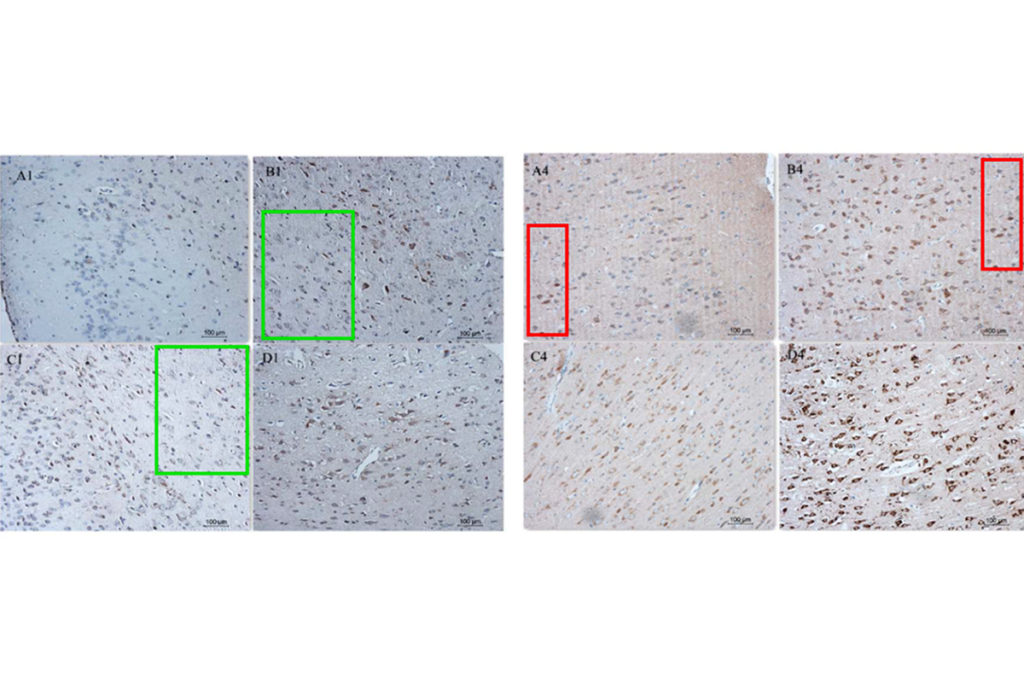
Image integrity issues create new headache for subarachnoid hemorrhage research
First-time sleuths found potentially problematic images in hundreds of papers about early brain injury after subarachnoid hemorrhage.
Alzheimer’s paper retracted over apparent image duplication
The editors of Neurobiology of Disease, which published the paper, also questioned how the study’s experimental protocols received ethical approval.

Alzheimer’s paper retracted over apparent image duplication
The editors of Neurobiology of Disease, which published the paper, also questioned how the study’s experimental protocols received ethical approval.
Alzheimer’s scientist forced to retract paper during his own replication effort
Gary Dunbar, a neuroscientist at Central Michigan University, was attempting to redo the 2020 paper after a collaborator admitted to using flawed data in the original work.
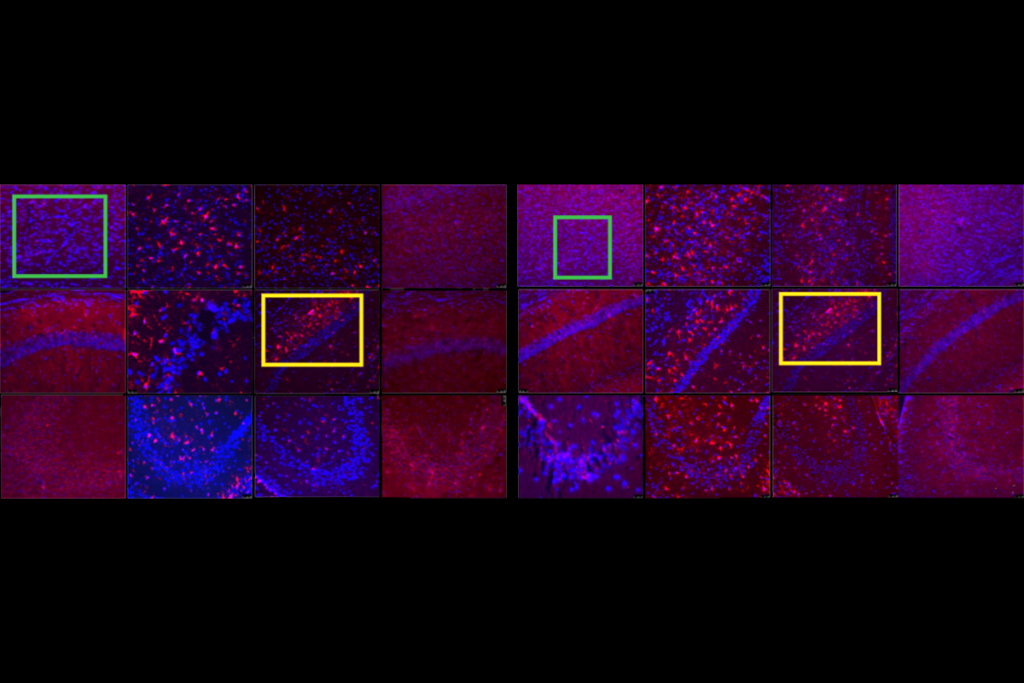
Alzheimer’s scientist forced to retract paper during his own replication effort
Gary Dunbar, a neuroscientist at Central Michigan University, was attempting to redo the 2020 paper after a collaborator admitted to using flawed data in the original work.
NIH proposal sows concerns over future of animal research, unnecessary costs
The new NIH policy calls for greater incorporation of new approach methodologies in all future Notices of Funding Opportunities related to animal model systems.
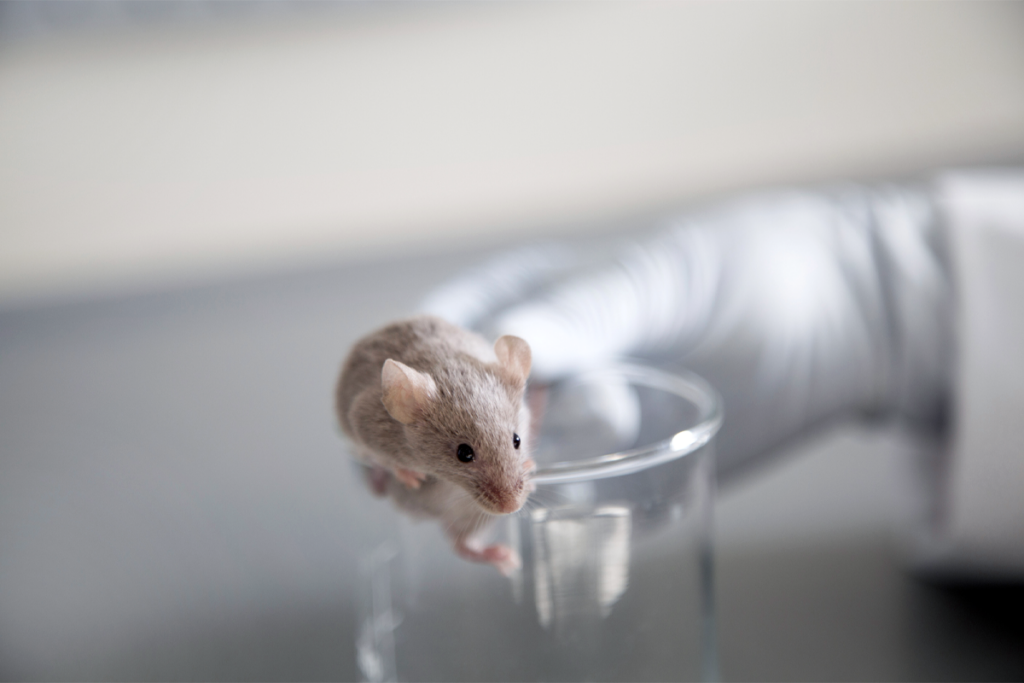
NIH proposal sows concerns over future of animal research, unnecessary costs
The new NIH policy calls for greater incorporation of new approach methodologies in all future Notices of Funding Opportunities related to animal model systems.
Exclusive: Issues with dozens of papers prompt inquiry into prolific stroke researcher
Two of John H. Zhang’s papers have been retracted, 19 have corrections, and 27 have expressions of concern.

Exclusive: Issues with dozens of papers prompt inquiry into prolific stroke researcher
Two of John H. Zhang’s papers have been retracted, 19 have corrections, and 27 have expressions of concern.
Sounding the alarm on pseudoreplication: Q&A with Constantinos Eleftheriou and Peter Kind
Most studies of neurological disorders in mice erroneously treat multiple samples from a single animal as independent replicates, according to a new analysis. But scientists and journals can take steps to curb this practice.

Sounding the alarm on pseudoreplication: Q&A with Constantinos Eleftheriou and Peter Kind
Most studies of neurological disorders in mice erroneously treat multiple samples from a single animal as independent replicates, according to a new analysis. But scientists and journals can take steps to curb this practice.
Explore more from The Transmitter
Frameshift: Raphe Bernier followed his heart out of academia, then made his way back again
After a clinical research career, an interlude at Apple and four months in early retirement, Raphe Bernier found joy in teaching.

Frameshift: Raphe Bernier followed his heart out of academia, then made his way back again
After a clinical research career, an interlude at Apple and four months in early retirement, Raphe Bernier found joy in teaching.
Organoid study reveals shared brain pathways across autism-linked variants
The genetic variants initially affect brain development in unique ways, but over time they converge on common molecular pathways.

Organoid study reveals shared brain pathways across autism-linked variants
The genetic variants initially affect brain development in unique ways, but over time they converge on common molecular pathways.
Single gene sways caregiving circuits, behavior in male mice
Brain levels of the agouti gene determine whether African striped mice are doting fathers—or infanticidal ones.

Single gene sways caregiving circuits, behavior in male mice
Brain levels of the agouti gene determine whether African striped mice are doting fathers—or infanticidal ones.